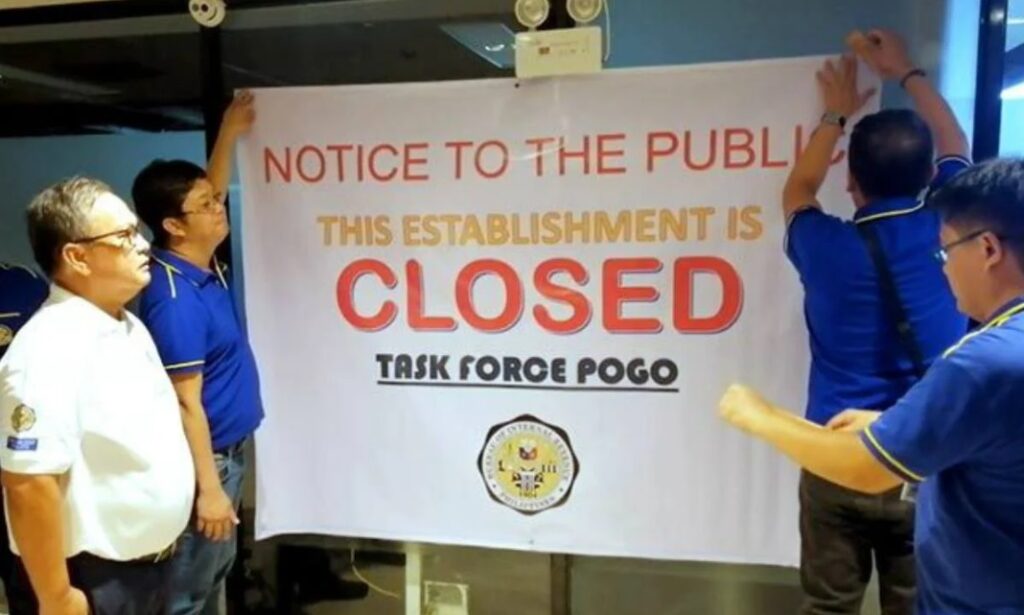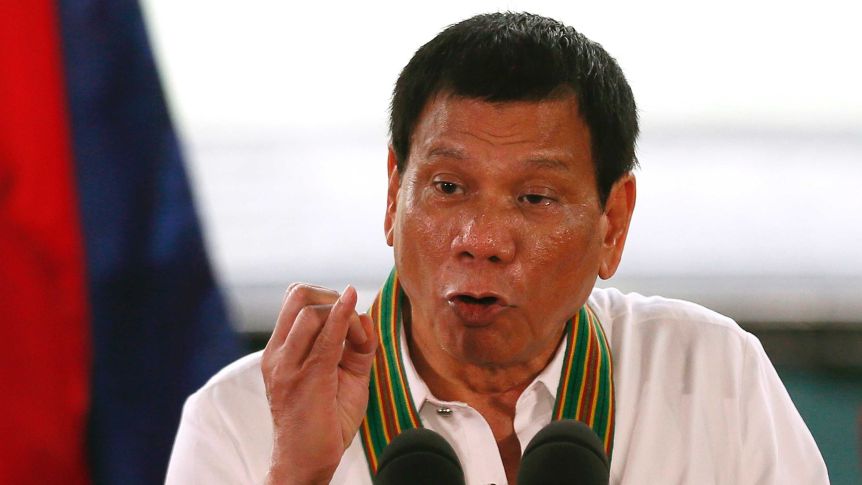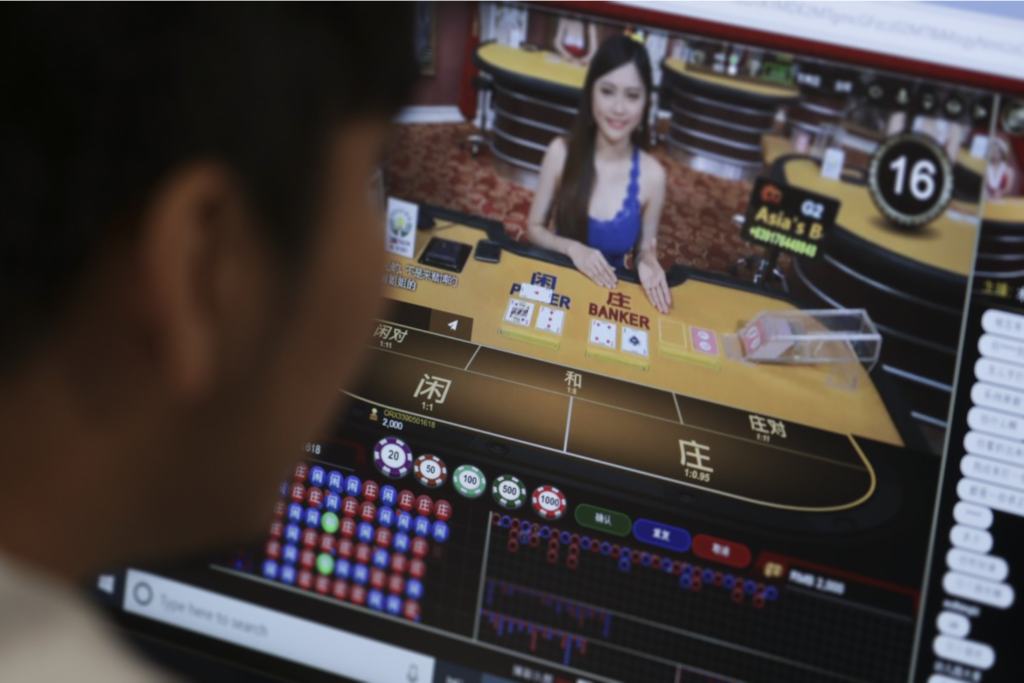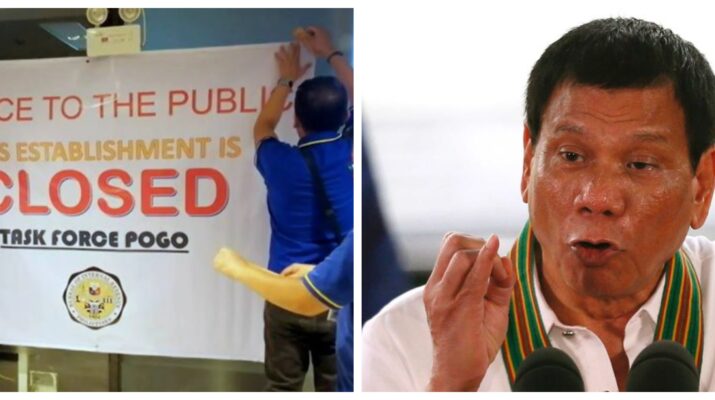As the ongoing Senate investigation on Philippine Offshore Gaming Operators (POGOs) and the suspicious identity of Bamban, Tarlac mayor Alice Guo ramps up, one aspect of this issue that should be understood by the Filipino people is how all of this started.
POGOs are online gambling operators based in the country that cater to an overseas clientele. They are mostly operated by Chinese investors who target the Chinese market, which makes sense given any form of gambling is banned in the People’s Republic.
While POGOs are a relatively new sector in the Philippine gaming industry, at its peak it the country earned Php104.5 billion from their operations in 2019; representing 300 licensed POGOs which employed a total of 470,000 persons that year. Most of these operators entered the market after 2016, when Rodrigo Duterte was elected president during that year’s election.

The POGO industry experienced a boom during the early years of the Duterte presidency, coinciding with the then-President’s push for closer ties with China to pivot away from the country’s historical ties with the United States. By 2018, the online gambling sector’s total revenue was projected to hit US$3.57 billion, buoyed by the strong influx of POGO licensees.
Despite concerns being raised about criminal activity happening in the sector, President Duterte continued to hold a favourable view of POGOs. It came to a point where the widespread perception that Chinese companies setting up POGO operations in the country were being given preferential treatment over other foreign investors.
The POGO industry was meant to be the Philippines’ economic golden goose, raking in billions in tax revenues while providing thousands of jobs for Filipinos. In 2019, President Duterte publicly declared that the country “needed” POGOs.
However, reality would quickly sink in for the Duterte administration that their dreams about the POGO industry was easier said than done. While the government raked in large sums from the licensing fees from POGOs, optimizing revenue from the multi-billion dollar industry proved to be a challenge.
A stock take in 2019 found that, out of 60 POGOs operating in the country only ten were registered in the Philippines. The vast majority were registered in the British Virgin Islands, a known tax haven, where the identities of company directors and owners are hidden from public view.
Ensuring POGOs were registered also became an issue in itself, with an estimated 200 firms operating without a permit back in 2020.

The promise of large-scale employment also didn’t come to fruition. As most POGOs are Chinese-owned and cater to Chinese bettors, the operators prioritized the hiring Mandarin-speaking staff – even importing workers directly from China.
Industry estimates in 2019 revealed that there were between 100,-150,000 Chinese nationals in the Philippines working in POGOs. A press release by Senator Joel Villanueva in 2020 revealed that out of every 10 jobs generated by the POGO industry, only two jobs went to Filipinos.
With many POGOs being unregistered, the Bureau of Internal Revenue (BIR) bared that the government forgoes about Php24 billion every year for every 100,000 POGO workers who do not pay taxes in the country. Not only are jobs not going to Filipinos who desperately need them, the country also does not benefit from the full tax liabilities of these POGOs either.
The economic boom the Duterte government promised POGOs would bring fizzled out into a mere whimper, but the social ills the industry brought with it exceeded the country’s worst fears.
The industry became a hive of criminal activity in the Philippines, with many of the Chinese nationals brought in to work in these POGOs would later be found to be fugitives wanted for various crimes in China. Instead of just online gambling, many POGOs also resorted to cryptocurrency scams and “love” scams.
Human trafficking also became commonplace among these POGOs, with Senator Sherwin Gatchalian declaring the Philippines has become a “hotbed of human trafficking” because of the proliferation of POGOs in the country. The lawmaker based in the city of Las Piñas cited a police raid on a POGO facility in his city that resulted in 2,714 victims of human trafficking rescued.

A whistleblower, from the Philippines’ security sector, revealed in 2022 that these POGOs would even “kidnap, kill its own workers” to protect the business. This revelation is consistent with police raids on POGO facilities that would result in Filipino and foreign workers being held against their will in these sites.
The Presidential Anti-Organized Crime Commission (PAOCC) also revealed in 2023 that it has logged between 60-63 killings related to POGOs. Crimes linked to these online gambling operators have also diversified, with prostitution and drug peddling now among the many criminal acts conducted by these POGOs.
Amidst public outcry against POGOs, former President Duterte remained defiant – declaring in 2021 that he would not ban the online gambling operators. Ironic, given the former Davao City mayor was elected on a “tough on crime” persona – with his infamous “war on drugs” being the cornerstone of his presidency.
Despite his anti-crime reputation, Rodrigo Duterte was more than happy to turn a blind eye to the crime wave that came with the boom of the POGO industry. Had the former President cracked down on foreign crime organizations that were operating as POGOs as hard as he did on human rights defenders, or the diminished force of the New People’s Army (NPA), the criminality linked to these online gambling operations would have dissipated after he left office in 2022.
But Duterte knew he had to avoid upsetting his newfound friend, China, that he hoped would fill the gap left by his pivot away from the Americans. This meant putting up with the new friend’s baggage, including aggressive intrusions in the West Philippine Sea and Chinese crime groups setting up shop in the Philippines.
With the former president now retired from Philippine politics, he has the luxury to sit back and watch as his predecessor cleans up the mess he made in the POGO industry. Duterte might like to ruminate if whether his drug war or his “tough” rhetoric against the U.S. are his greatest legacy, but he should be remembered for something entirely different: the father of POGOs and the man who allowed Chinese criminal organizations to fluorish in the Philippines.

